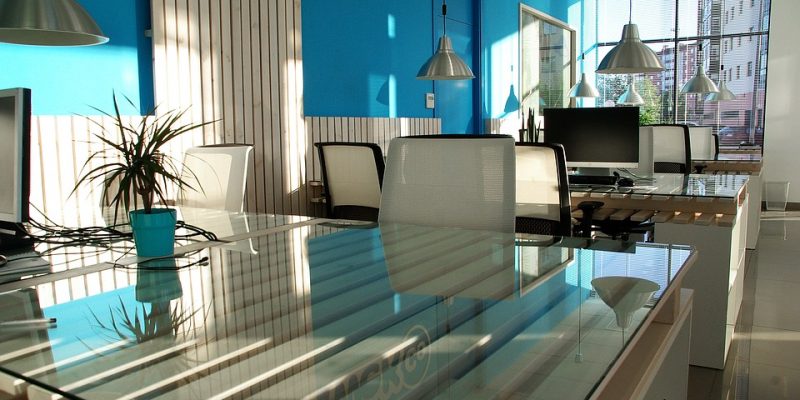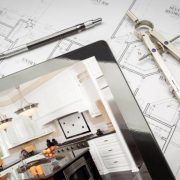Cleaning isn’t just about mops and brooms. There are plenty of other factors to consider when determining how best to maintain your workplace and home environments, which is why cleaning as a profession deserves an in-depth guide all its own.
In this article, we’ll explore how commercial cleaning can be more than just sweeping and mopping and give you the basics of how you can get started with your own business.
Tools of the Trade
When it comes to commercial cleaning, some items are pretty much standard for everyone. They include:
- Commercial vacuums are vital because they collect dust, dirt, and other debris. According to Jon-Don, not only do vacuum cleaners keep your floors clean, but they’re also good for helping protect against spreading germs.
- Janitorial sweepers use brooms and brushes to help collect dust, dirt, and other debris from hard surfaces. Sweepers can be used in your lobby area and provide a more thorough clean than vacuums. Sweepers can also help pick up spills.
- Commercial mops and bucket systems are other essential types of janitorial equipment.
You should also have commercial-grade cleaning products at your disposal—the kind that is designed for tough jobs and will last for years if kept in a safe place.
Floor Types
Before you begin any professional cleaning project, it’s important to consider your floor type. Each one is unique, with a specific set of care requirements. You can divide all floors into two categories: hard floors and soft floors. From here, you can further classify each according to its composition.
Maintenance, Mats & Cracks
While many homeowners focus on floor-level cleaning, most commercial spaces also need regular upkeep of maintenance, cracks, and mats. These are simple areas to overlook, but they can collect dirt that makes your building look shabby. To prevent debris from seeping into your office or business space, get in touch with a professional cleaning company.
Reception Area
When it comes to getting a new job, first impressions matter. You want your business’s reception area to be clean, welcoming, and organized. If you have enough space in your office, create a clearly labeled waiting area with separate spaces for workers, customers/clients/patients (if relevant), couriers, or visitors of any kind.
Common Areas
The most commonly cleaned areas of commercial space are lobbies, restrooms, and hallways. These spaces require either general deep cleaning or frequent touch-ups. The most common tools used to clean these areas are mops, brooms, vacuums, floor mats, floor buffers, hand brushes, squeegees. For your business’s floors to shine as they should, we recommend that you use some sort of a sweeper/buffer.
Dedicated Spaces (Offices, Meeting Rooms)
When you need to get something done, distraction is rarely welcome. That’s why many businesses dedicate specific spaces (i.e., offices) to getting work done. But these spaces are expensive, requiring a large outlay of cash to accommodate a worker’s entire professional setup—desk, computer, etc. So if your business doesn’t have dedicated space available or your budget simply doesn’t allow for it right now, consider meeting rooms as an alternative option.
Locker Rooms, Showers & Restrooms Section
Residential bathrooms are one thing. But locker rooms, gyms, pools, and other commercial spaces have their own set of cleaning requirements that you’ll need to keep in mind when putting together your commercial cleaning schedule. For starters, these kinds of spaces can require a lot more prep work before you begin cleaning them.
Cleaning your business often can be time-consuming and expensive. Although you might think it isn’t something worth doing, having a clean space that clients can visit is crucial in today’s competitive world.




















